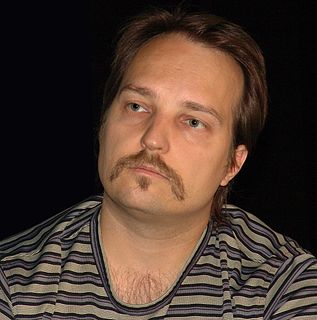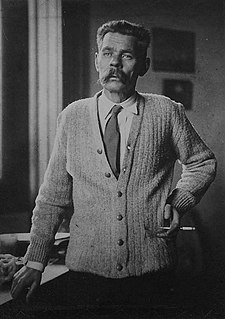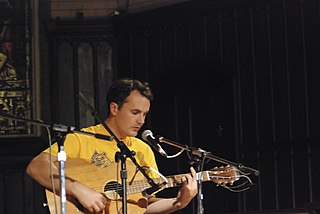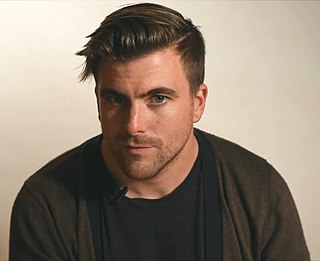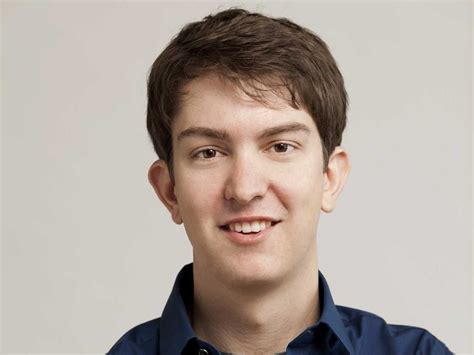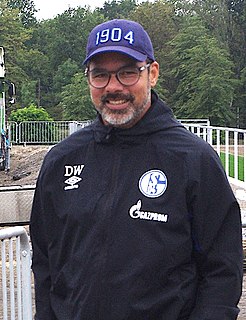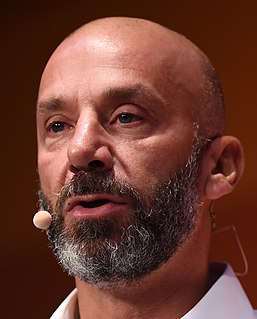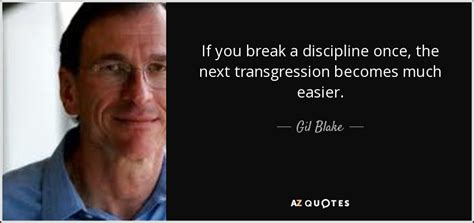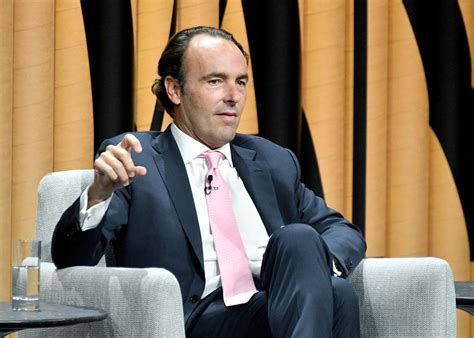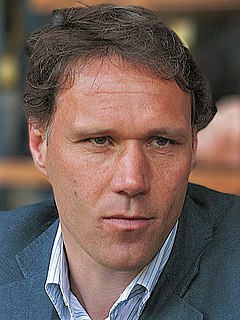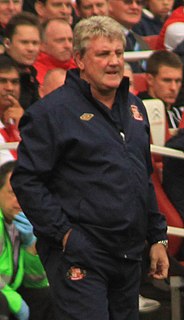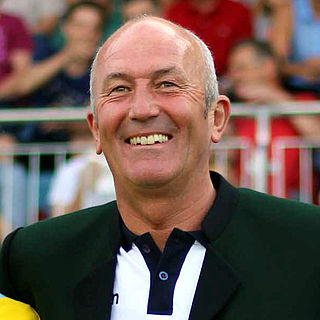A Quote by Greg Zeschuk
The problem with natural language processing and the thing that really holds the technology back, is that when it crashes and burns, it's horrific. I think we would be in a position to really take a serious look at it, once two things happen. The interesting thing about a dialogue-choice system is that we've devoted so much into all kinds of other systems for processing, and dialogue choices use zero processing. So suddenly, if you want to have a great natural language processor, you need to dial down your graphics to make it work.
Quote Topics
About
All Kinds
Back
Burns
Choice
Choices
Crashes
Devoted
Dial
Dialogue
Down
Graphics
Great
Happen
Holds
Horrific
Interesting
Interesting Thing
Kinds
Language
Look
Make
Much
Natural
Need
Once
Other
Position
Problem
Processing
Really
Serious
Serious Look
Suddenly
System
Systems
Take
Technology
The Problem With
Thing
Things
Things Happen
Think
Two
Two Things
Use
Want
Work
Would
Would Be
Your
Zero
Related Quotes
People have been trying to do kind of natural language processing with computers for decades and there has only been sort of slow progress in that in general. It turned out the problem we had to solve is sort of the reverse of the problem people usually have to solve. People usually have to solve the problem of you're given you know thousands, millions of pages of text, go have the computer understand this.
When I go to the cinema, I want to have a cinematic experience. Some people ignore the sound and you end up seeing something you might see on television and it doesn't explore the form. Sound is the other picture. When you show people a rough cut without the sound mix they are often really surprised. Sound creates a completely new world. With dialogue, people say a lot of things they don't mean. I like dialogue when it's used in a way when the body language says the complete opposite. But I love great dialogue I think expositional dialogue is quite crass and not like real life.
For me, writing music is a way of processing the world. It's not a concrete thing, as in, "This piece is about giraffes." It's much more of an emotional sort of thing. I want people to find something out about themselves through my music, something that was inaccessible before, something that they were suppressing, something that they couldn't really confront.
You can always accuse my records of being harrowing or dark or bleak. There is processing of trauma on my records and they contain a lot of healing. As a person who has been watching other's rage for years, instead of having my own tantrums, I keep the feelings inside until I can find a way of making them into music. The songs are like healing spells and it really works for me. When I really do a good job on a song, it gets rid of a weight. As far as hope goes, there is hope that you can heal through processing stuff and make it through to the other side. That's all I can hope for.
For me, making music in general is a therapeutic process. It began as a way for me to meet friends, and when you're a kid just screaming your face off, you're processing anger; you're processing all the things that happened to you, whether it's mistrust or confusion, whether you've gone through abuse.
